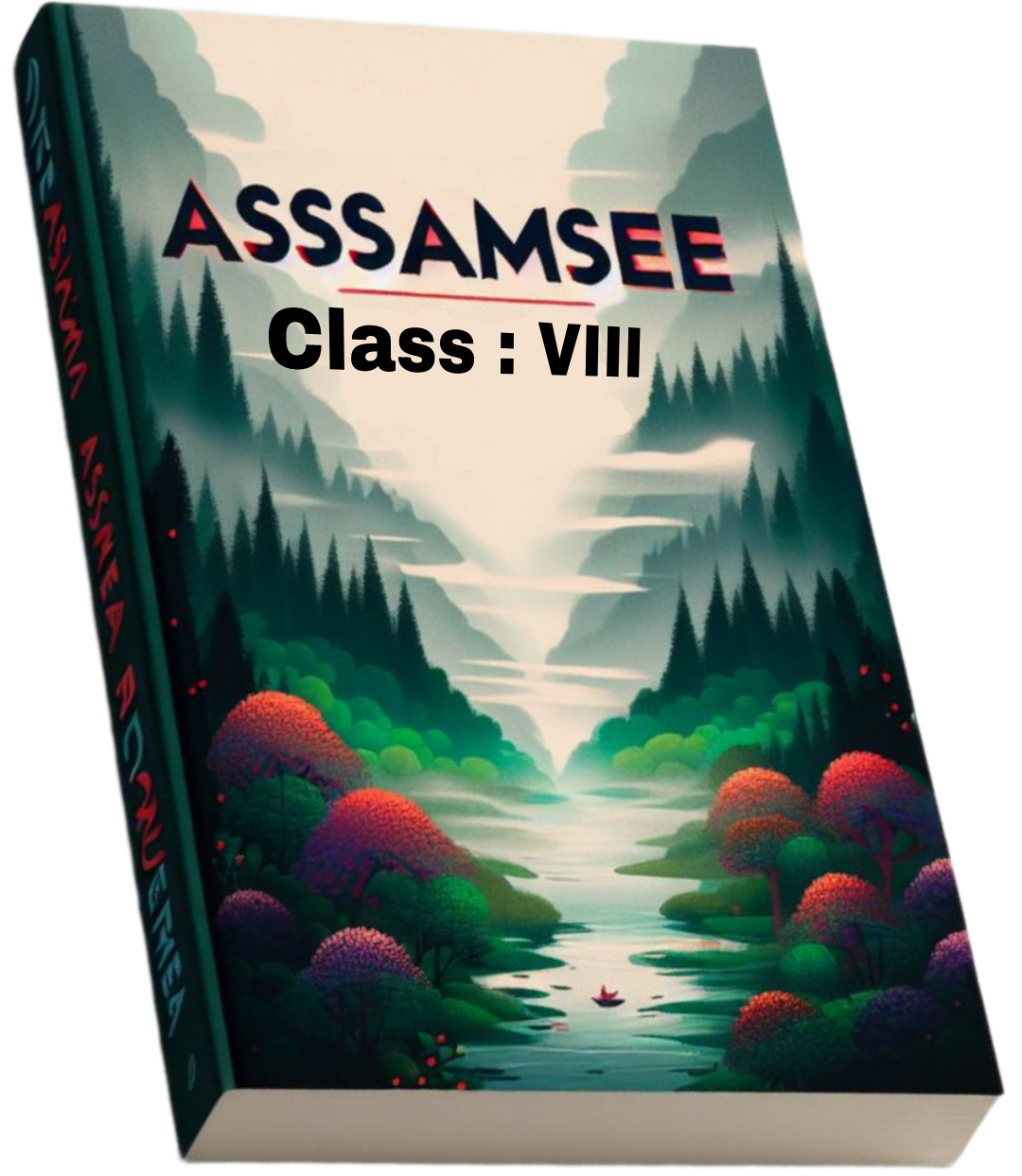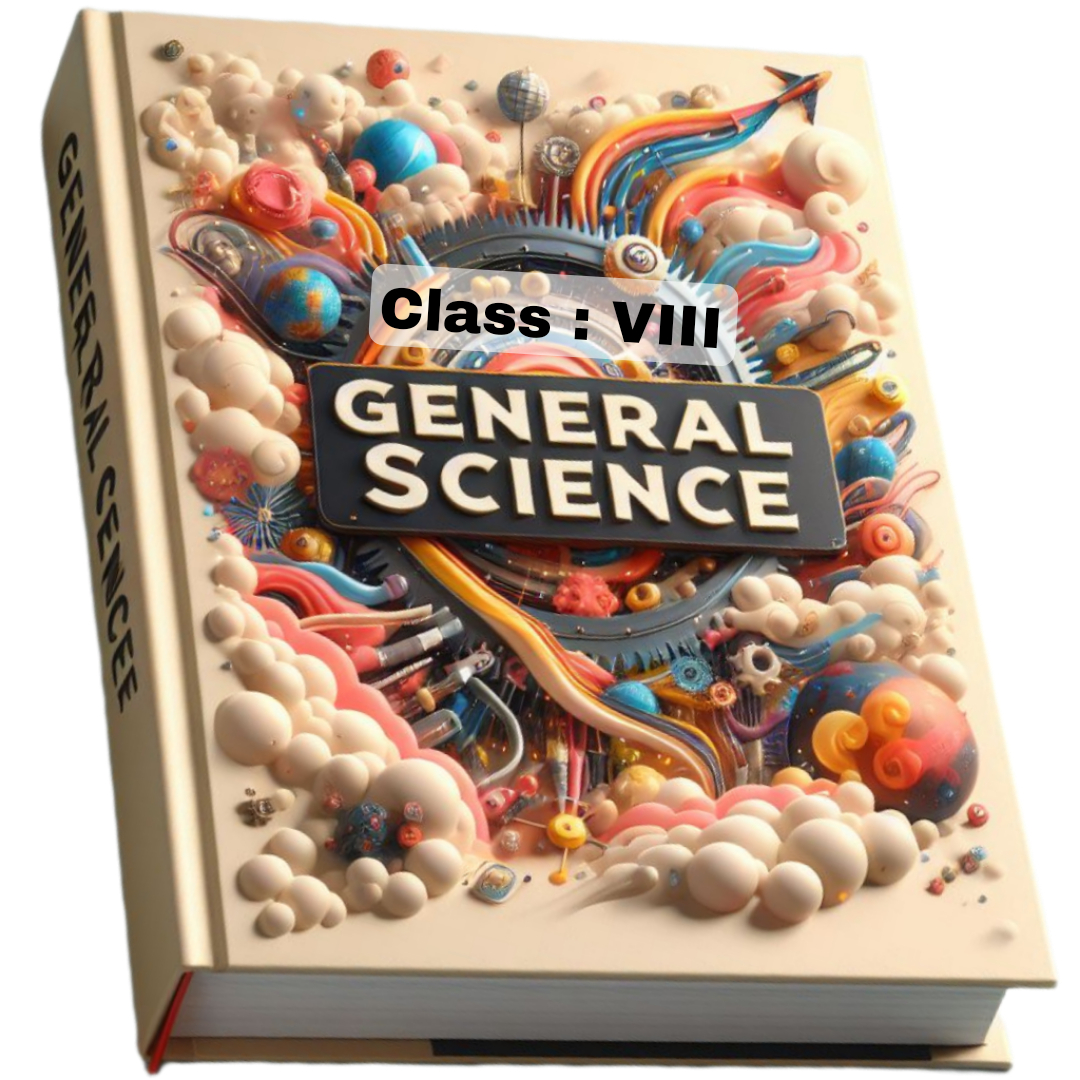(Anundoram Borooah Academy)
EXERCISE (অনুশীলনী) :
PRONUNCIATION (উচ্চাৰণ) :
Divide the following words into three groups ofthree words so that the three words in each group rhyme:
(তলত দিয়া শব্দবোৰ তিনিটা গ্ৰুপত ভাগ কৰা যাতে প্ৰতিটো গ্ৰুপৰ শব্দবোৰ ছন্দৰ মিল থকা হয়।)
Tough, Scoff, Cow
Now, Bough, Doff
Cough, Enough, Rough
Answer :
Group-A : tough, cough, rough
Group-B : scoff, doff, enough
Group-C : now, cow, bough
III. Match each of the words under "A" with aconnected word under "B" :
(A-ৰ তলত দিয়া শব্দবোৰ B-ৰ তলত দিয়া শব্দবোৰৰ লগত মিলোৱা)
"A" "B"
Bus Placeman
Army Actor
Law Conductor
Drama Soldier
Answer :
"A" "B"
Bus → Conductor
Army → Soldier
Law → Policeman
Drama → Actor
COMPREHENSION (বোধশক্তি) :
(I)
1. Was the writer one of the passangers in the bus or was he watching the scene from outside?(লিখকজন বাছখনৰ এজন যাত্রী আছিলনে বা তেওঁ বাহিৰৰ পৰা দৃশ্যটো চাই আছিলনে?)
Answer : YES, the writer was one of the passengers of the bus.
2. How many persons got on the bus at the bus stop?
(বাছ ষ্টপটোত কিমানজন যাত্রী বাছখনত উঠিছিল ?)
Answer : Three persons got on the bus at the bus stop.
3. 'I won't go on the top in such a weather." What does the word 'top' mean here.
(‘এনে বতৰত মই ওপৰত যাব নোৱাৰিম।' ইয়াত 'top',
শব্দটোৱে কি বুজাইছে?
Answer : Here the word 'top' means the upper (second) stair of the bus.
4. Did the two companions of the woman with the dog support her against the conductor?
( মহিলাগৰাকীৰ দুজন সংগীয়ে 'কণ্ডাক্টৰজনৰ বিৰুদ্ধে
মহিলাগৰাকীক সমৰ্থন কৰিছিলনে?)
Answer : Yes.
5. How did the passengers feel when the conductor stopped the bus?
(যেতিয়া কণ্ডাক্টৰজনে বাছখন ৰখাইছিল তেতিয়া বাছ যাত্ৰীসকলে কেনেকুৱা অনুভৱ কৰিছিল ?
Answer : The passengers felt distressed and became angry with the bus conductor when he stopped the bus.
6. Was the dog barking at the people in the bus?
(কুকুৰটোৱে বাছখনত থকা মানুহলৈ ভুকিছিলনে?)
Answer : No.
7. Did the conductor return the passangers their fares?
(কণ্ডাক্টৰজেন যাত্ৰীসকলৰ ভাড়া ঘূৰাই দিছিলনে?)
Answer : No.
8. What did the driver mean when he said, "Who is the conductor of this bus"?
( যেতিয়া কোৱা হৈছিল, ‘এই বাছখনৰ কণ্ডাক্টৰজন কোন’ তেতিয়া ড্রাইভাৰ্জনে কি বুজিছিল ?)
Answer : The driver meant that he should start the bus.
9. Why did the policeman ask a passanger to give the conductor her name and address?
(পুলিচজনে কিয় এজন যাত্ৰীক তাইৰ নাম আৰু পৰিচয় দিবলৈ কৈছিল?)
Answer : The policeman asked the passenger to give the conductor her name and address so that the conductor take legal action against the lady with the dog.
10. Why did the driver beat his arms across his chest?
(ড্ৰাইভাৰ্জনে কিয় তেওঁৰ বুকুৰ মাজেৰে বাহুদুখন কোবাইছিল?)
Ans: The driver beat his arms across his chest because he got angry when the lady re-entered the bus.
11. Why did the woman with the dog come back to her seat down stairs?
(কুকৰটোৰ সৈতে মহিলাগৰাকীয়ে কিয় গাড়ীখনৰ তলৰ মহলালৈ নামি আহিছিল?)
Answer : Becuase the weather was very cold.
12. Did she go on the top again?
(তাই আকৌ ওপৰলৈ গৈছিলনে?)
Answer : Yes.
13. Who was the last passenger to get off the bus?
(বাছখনৰ পৰা নামি যোৱা স্বশেষ যাত্ৰীজন কোন আছিল?)
Ans: The writer A. G. Gardiner.
14. What does the writer mean by 'there are rules and rules.'?
(‘ইয়াত নীতি আৰু নীতি আছে’ ইয়াৰ দ্বাৰা লিখকে কি বুজাইছে?)
Answer : the writer means that there are some hard and fast rules which cannot be borken without danger to life. But there are some rules for our guidance which we can apply or ingore after the demand of circumstance.
15. What impression of the conductor do you form on the basis of the last paragraph of the story?
(গল্পটোৰ শেষ অনুচ্ছেদটোৰ ভিত্তিত কণ্ডাক্টৰজনৰ বিষয়ে তুমি কি ধাৰণা লাভ কৰিলা?)
Ans: From the last paragraph of the story we come to know that the conductor was ignorant of the uses of law. But when the author explained the necessity of judging a law from our common sense then the conductor seemed to be sorry for his ignorance.
II. Choose the best item:
(আটাইতকৈ শুদ্ধটো বাছি উলিওৱা)1. The comment they stick by each other' means :
A. they hit each other with a stick.
B. they are loyal to each other.
C. they are stuck to each other with glee.
D. they resist each other..
Answer : D. they resist each other.
2. When the conductor stopped the bus the passengers :
A. made themselves comfortable.
B. made angry remarks.
C. made him return their fares.
D. requested the driver to start the bus.
Answer : B. made angry remarks.
3. Choose the correct alternative:
(শুদ্ধ বিকল্পটো বাছি উলিওৱা)(i) The passengers were in a hurry to return home/not bothered about the delay.
Ans: (i) The passengers were in a hurry to
return home.
(ii) Whereas some rules are for our guidance, some other should be strictly/carelessly followed; it is dagerous to break /follow them.
Ans: Whereas some rules are for our guidance,
some other should be strictly followed; it is dagerous to break them.
(iii) Rules about carrying dogs on a bus used for the convenience /discomfort of the passengers.
Ans: Rules about carrying dogs on a bus used
for the convenience of the passengers.
(iv) The conductor accepted the writer's advice willingly/grudgingly.
Ans: The conductor accepted the writer's advice willingly.
COMPOSITION :
Answer the following questions :
(তলত দিয়া প্ৰশ্নবোৰৰ উত্তৰ দিয়া)1. Why did the bus stop on the way?
(বাছখন কিয় ৰাস্তাত ৰৈছিল?)
Ans: The bus stopped on the way to take in three passengers.
2. How did the passengers behave when the bus stopped ?
(যেতিয়া বাছখন ৰৈছিল তেতিয়া যাত্ৰীসকলে কেনেকুৱা আচৰণ কৰিছিল?)
Ans: When the bus stopped, the passengers became angry and felt distressed. Some compared the conductor with a German, some asked to call police and some asked for their fares back.
3. Why was the policeman inactive ?
(পুলিচজন কিয় অসক্রিয় আছিল?)
Ans: The policeman was inactive because he did not want to involve into the incident. He did not say anything to the bus conductor as the law was on his side.
4. What did the author say to the bus conductor when the latter said., 'I've got my rule'?
(যেতিয়া পিছৰজনে কৈছিল, ‘মই মোৰ আইন পালোঁ’ তেতিয়া লিখকজনে কণ্ডাক্টৰজনক কি কৈছিল?)
Ans: When the latter (bus conductor) said that he got his rule, then the author said that rules were necessary things but there were some rules which were hard and fast rules that could not be broken without danger to life. On the other hand there were some rules which were meant for our guidance only. We should keep the rules without breaking their spirit.

.jpg)

.jpg)













0 Comments